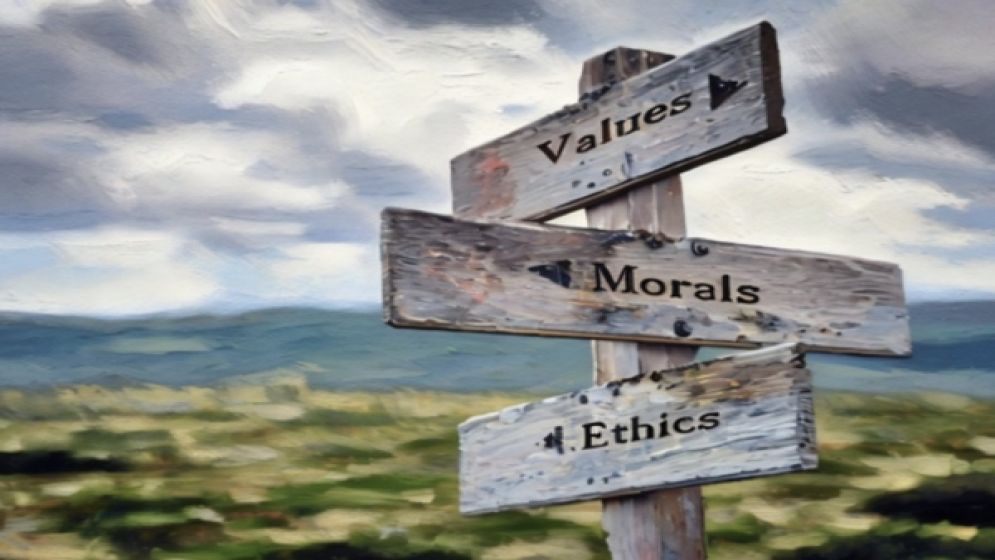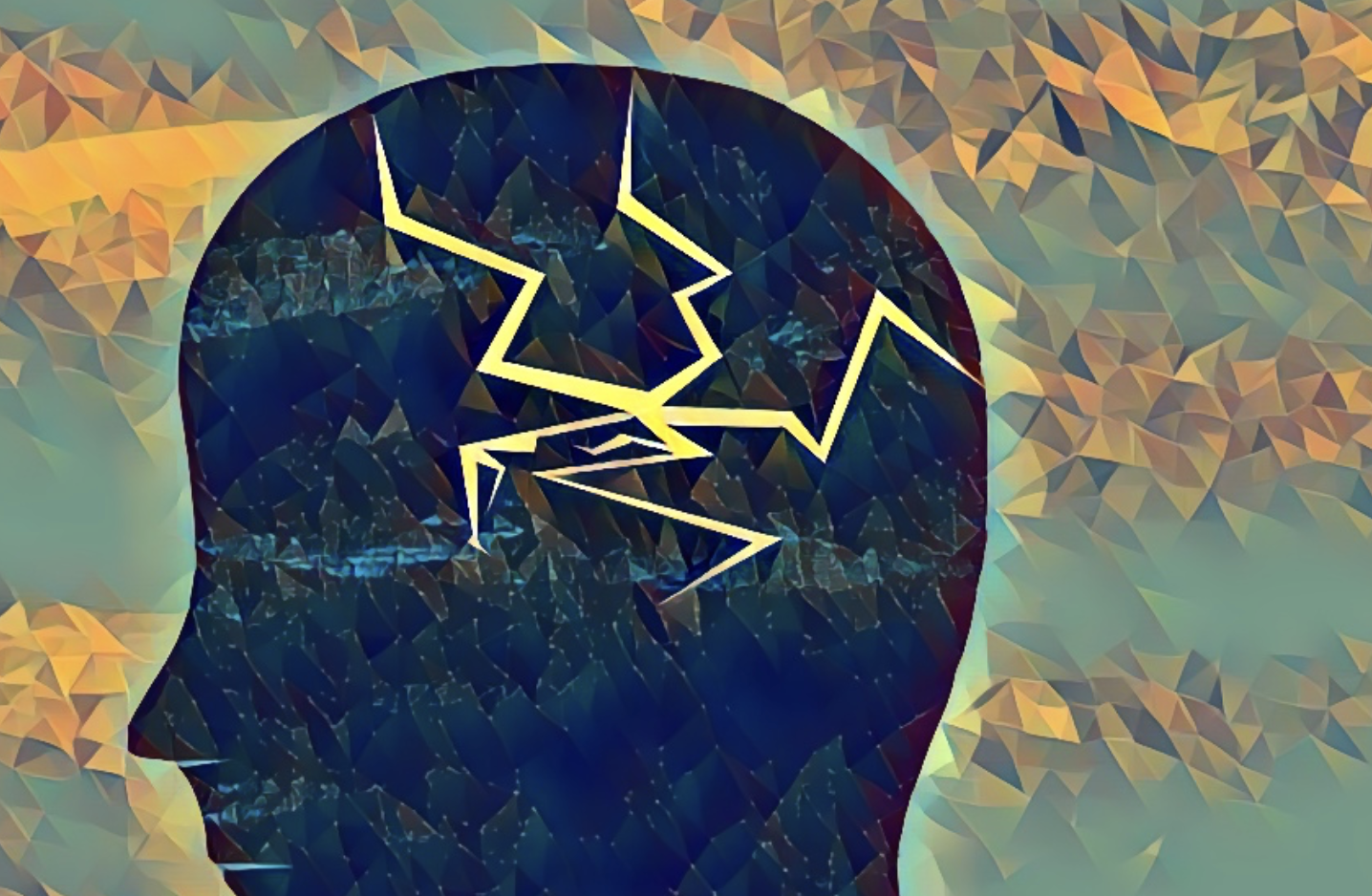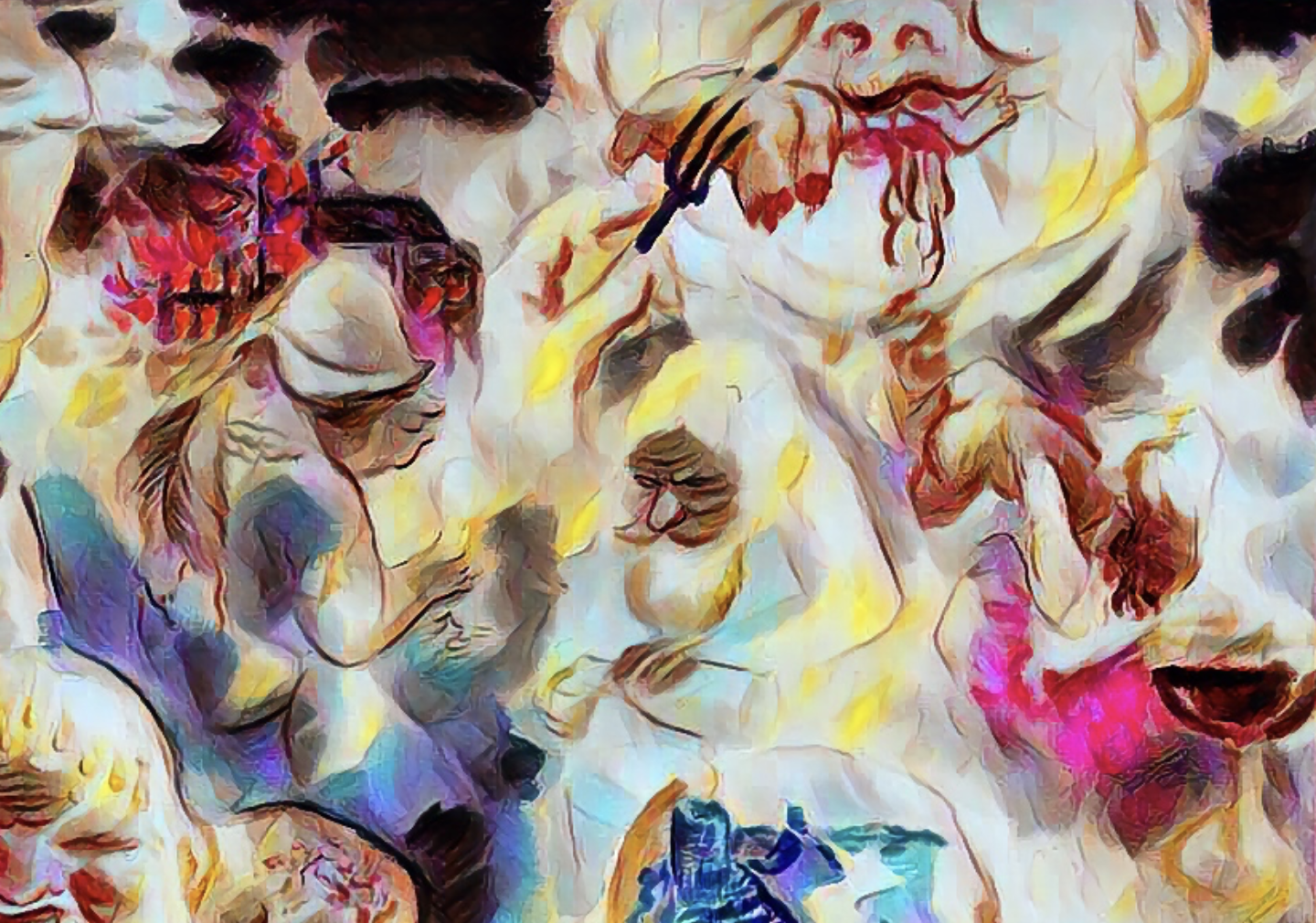A ‘perceived’ culture of fear has rewired Bangladesh elite’s moral compass

I was a medical student when I found myself aboard a group tour ship, surrounded by what one might call the curated civility of the upper-middle class.
There were songs playing–Rabindra Sangeet, no less–and a mood of genteel sophistication floated across the deck. Then, without warning, the ship stopped. It began to rock gently. The sea stretched silent and still around us. That was enough.
Panic erupted. Life jackets were hoarded, buoys fought over. Eyes darted, voices screamed.
People who, moments ago, were humming along to “Abar Elo Je Sondhya” now looked ready to claw each other’s faces off for a flotation device. I consider myself a passable swimmer, but in that moment, my instincts narrowed to a single task: find life jackets for my friends. Protect the tribe.
When the engine restarted a few minutes later, civility returned just as swiftly. The panic was erased–on the surface. But that moment left a permanent impression: how quickly the cultural varnish peels away, revealing something far more primal.
It reminded me of Lord of the Flies, William Golding’s unsettling allegory about what happens when society’s scaffolding collapses. The children in that novel don’t simply descend into chaos–they manufacture monsters, misinterpret shadows, and surrender to group hysteria.
Fear is the accelerant. The beast is imagined, but the violence is real.
This is not just a parable. In Bangladesh today, we are watching a politics of fear take root–and metastasize.
Yes, all our political parties have their share of small-time thugs, rent-seeking bureaucrats, and corrupt businessmen. That’s a given. What sets the Awami League apart is something more insidious: its intelligentsia.
A powerful class of cultural elites still traumatized by 1971, perpetually haunted by the idea that the ‘uncultured Muslim masses’--figures like your neighborhood “Majid uncle”--are lurking just offstage, waiting to burn down their salons, their libraries, their very sense of identity.
This fear is not benign. It manifests in disturbing ways.
Because when you are governed by panic, your enemies stop being people. They become monsters–like the orcs in fantasy films, the goblins in anime. Not quite human. Not quite worthy of moral restraint.
Once dehumanized, the rest follows logically: surveillance, disappearances, even murder. Politics animated by existential dread leads to atrocity.

The roots of dehumanization
As a Dostoevsky commentator once wrote, “A direct line leads from metaphysical naivety to murder.” If we are not careful, we are tracing that very line in real time.
We must understand what fear does—not just to individuals, but to institutions, and to entire political systems. It is not anger or greed that turns a good man into a killer. It is fear.
And fear, once weaponized, will eat the very soul of a society.
This impulse among segments of Bangladesh’s cultural class to view ordinary citizens–particularly the religious, rural poor–as little more than goblins in human skin didn’t materialize out of nowhere.
It is rooted in trauma. But that does not make it any less destructive.
Before 1971, this contempt for the masses was far less common among secular intellectuals. You don’t see it in the works of Shawkat Osman or Munier Chowdhury. Writers like Abul Fazal and Mofazzal Haider Chowdhury didn’t need to demonize the public to defend humanism.
What changed was the genocide–and more precisely, the systematic assassination of intellectuals in the war’s final days.
That trauma carved a deep wound into Bangladesh’s cultural psyche. Some survivors, particularly those from families like Muhammad Zafar Iqbal’s, processed this wound through a politics of permanent panic.
To them, the nation’s majority became complicit by default: the uneducated, the religious, the culturally “impure”--all were marked as potential executioners-in-waiting.
Yet this reaction was far from universal. Humayun Ahmed, who lost his own father in the war, did not succumb to the same paranoia. Nor did Ahsan Habib. Their grief did not metastasize into cultural elitism or a narrative of collective guilt.
Which tells us something crucial: even within the intelligentsia, trauma was metabolized in profoundly different ways.
And yet, the politics of fear prevailed. The logic is seductive in its simplicity: the 1971 genocide was enabled by regressive, uneducated Muslims, and therefore, every unprogressive Muslim today is a potential Razakar.
But this is a historical sleight of hand.

Politics of existential dread
Who then opposed the Muslim League’s religious nationalism in 1948? Who mobilized for the Awami League in 1970? Who fought and bled for liberation in 1971?
The truth is, Bangladesh’s progress was not achieved in spite of the Muslim majority, but through them.
Worse still is the intellectual incoherence of this position. How do cultural elites–often from Bengali Muslim families themselves–claim to have emerged enlightened within a generation, while simultaneously suggesting the rest of their bloodline are irredeemable goblins?
This is a neurosis masquerading as ideology instead of politics.
But fear is not a uniquely liberal affliction.
The very politics that progressive elites fear–the religious majoritarianism, the rehabilitation of Razakars, the global funding of Wahhabi-style madrassas–is itself driven by its own existential dread: a panic over lost cultural hegemony, over the erosion of patriarchal norms, over the supposed moral collapse of a modern, globalized world.
They fear secularism, feminism, art, and ambiguity just as much as the other side fears mobs in skullcaps.
In Shahidul Zahir’s novel Jibon O Rajnoitik Bastobota, a Razakar is allowed to speak at a political rally. At that precise moment, the protagonist’s sandal strap snaps–a quiet, surreal gesture that cuts straight to the bone.
The return of collaborators isn’t just political theater. It signals something far more foundational: a psychic break, a collapse of historical continuity.
Today, the same theater plays out in real time. Right-wing editors, firebrand clerics, and fringe ideologues are being elevated under the guise of protecting faith and tradition. But they are merely mirror images of the panic-stricken cultural elite.
Each side props up the other. One form of fascism justifies the other’s existence.
This feedback loop of fear–one side invoking genocide, the other invoking God–has derailed Bangladesh’s dream of becoming a secular, pluralistic nation. The real casualty is the project of integration: of building a society that doesn’t sort its citizens by class, gender, belief, or trauma.
You can’t build a republic by choosing which faction’s fear to indulge. Especially when neither can breathe without the other.
The real challenge now is to expose the shared dehumanizing logic at the heart of both fascist currents–and to forge a political vision grounded in the uncompromising defense of human dignity rather than fear.
—
Mikail Hossain is a writer and analyst

